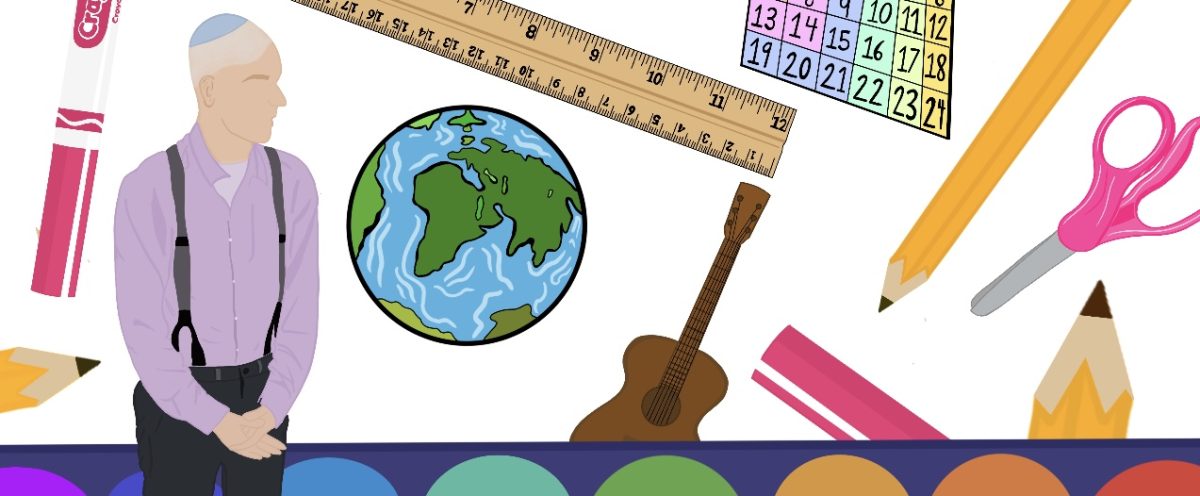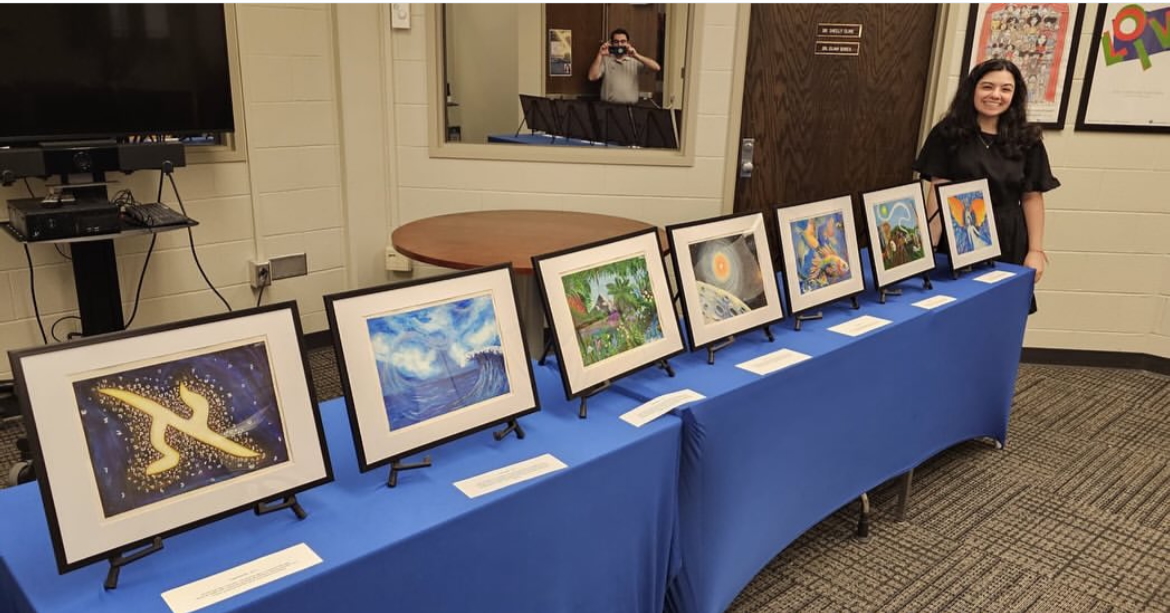Illustration in slider by Josh Kolkin.
It has been two months since the NAACP issued an unprecedented travel advisory cautioning people of color against traveling in the state of Missouri. Despite the fact that my home state might not be the first Google result for “heart of the Confederacy,” this advisory must serve as a wake-up-call to counteract the deep roots of racism that we have allowed to not only exist, but continue to metastasize today.
The NAACP’s travel advisory didn’t materialize out of thin air. Derrick Johnson, the interim president and CEO of the NAACP, shared his “alarm and concern that black individuals enjoying the highways, roads and points of interest there may not be safe,” on the organization’s website.
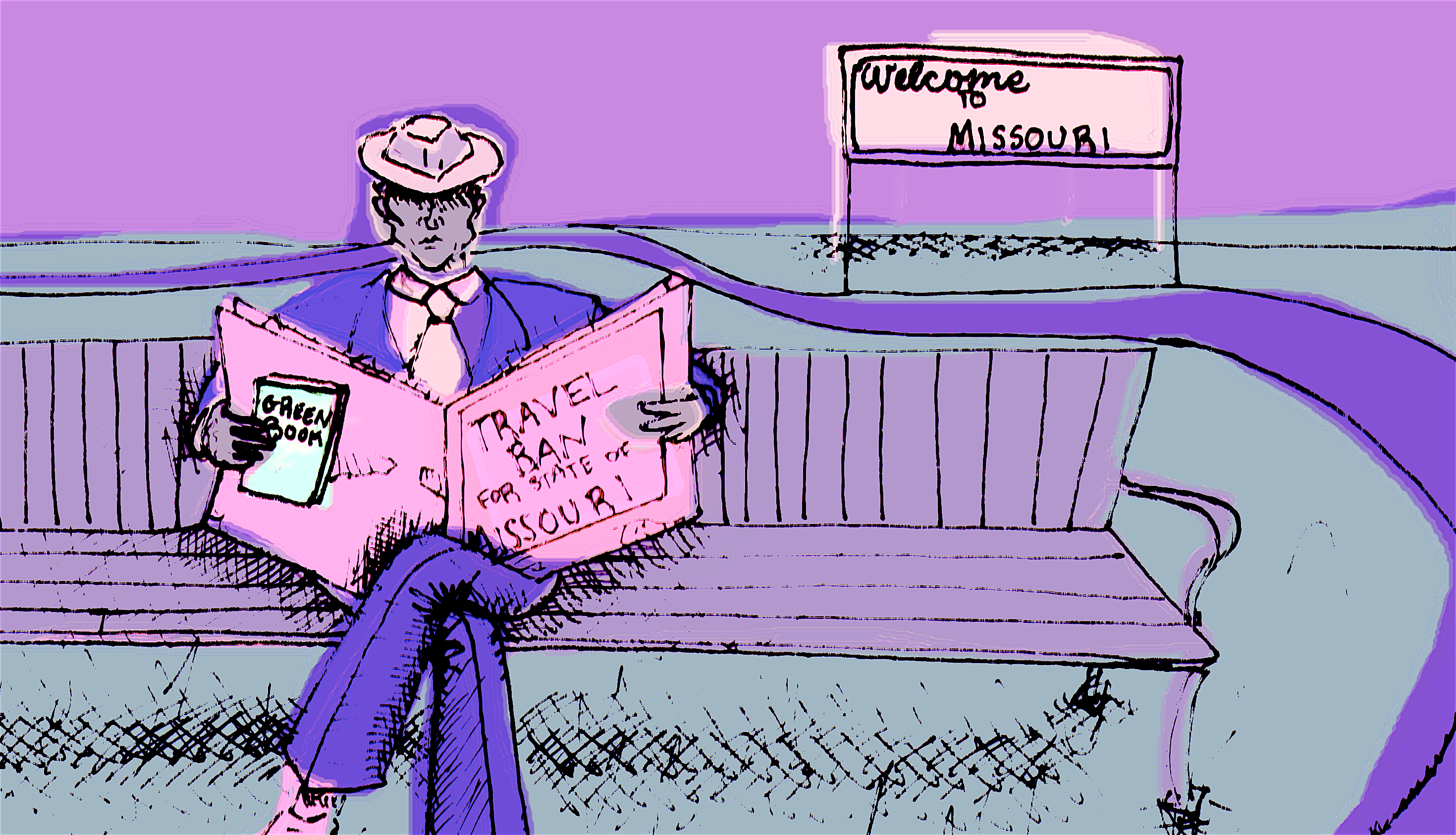
The breaking point of the advisory, however, seemed to be a new piece of regressive legislation. “The national office [of the NAACP],” Johnson emphasized, “will also be closely monitoring the progress of Governor Greitens’ review of Bill SB 43.”
Senate Bill 43 is a punch in the gut for minority workers. The proposed legislation would weaken their protections against discrimination and harassment in the workplace and make it harder to sue employers when it happens. This is not the first time Missouri has given prejudice and bigotry a legal “ok”– but most of us Missourians would like to think Jim Crow actually ended decades ago.
Right?
Grietens, who signed the bill into law in late June, might disagree. His close friend Pat Rowe Kerr, according to the KC Star, relied on the same protections Grietens just signed away to win her case against the Larry Kay, the director of Missouri Veterans Commission, who fired her a few years back because Kay “had a problem with older, successful women.” But that did not stop Grietens from giving a thumbs-up to workplace discrimination.
But SB 43 is just the tip of the iceberg. Across Missouri, instances of oppression are not hard to come by. Last year, 60% of Missourians passed a voter-ID law that makes it impossible to vote unless carrying a government-issued ID. Similar voting stringencies, though not wholly constitutional when held against the 15th Amendment, have targeted millions across the nation, mostly poor, elderly, urban, or college-aged citizens who don’t need–or can’t afford–a driver’s license or other form of ID. As the NAACP cites in their travel advisory, people of color in Missouri are 75 percent more likely to be stopped and searched by law enforcement officers than Caucasians.
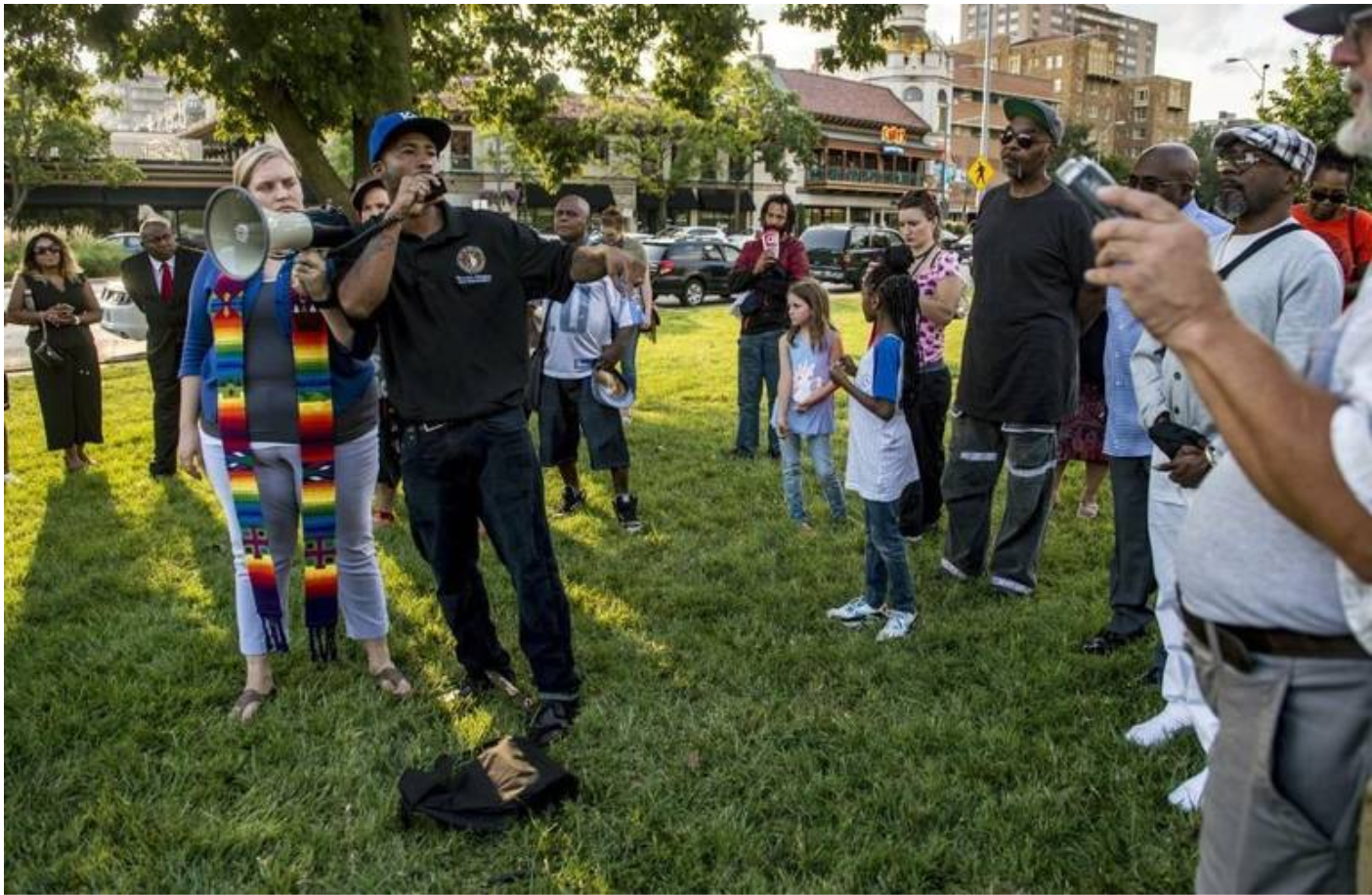
All the while, hate groups are on the rise; according to the NAACP, there are 24 hate groups in Missouri— a third more than the national average by population. There is a five-minute stretch of southern-Missouri road in which one can behold seven confederate flags in a row. Believe me, I’ve seen them. Even Kansas City, my beloved hometown and one of the largest urban hubs in the state, is still one of the most segregated cities in the nation.
Three years ago, the murder of Michael Brown and subsequent riots focused national attention on racism and police brutality in Missouri. Despite continued tensions in Ferguson and across the state, and even as riots, protests, and outrage pour out of St. Louis, the travel advisory seems to come as a shock to many. And that’s part of the problem.
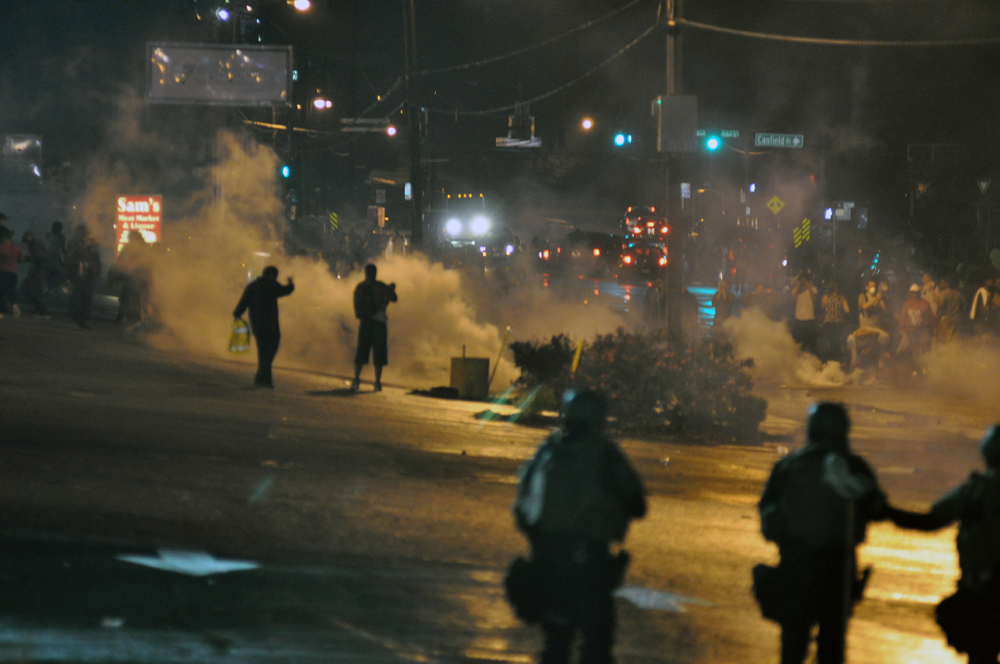
It is hard to be surprised when you feel the roots of the problem constantly. For many people of color across Missouri, the advisory results directly from unavoidable systematic and cultural racism in the state.
Keyaira Goode-Hughes, a KC teen, details these daily encounters with bias. “As a person of color in Kansas City, I have experienced more than enough racism. I have walked in a store and been ‘secretly’ followed by employees because I am a minority. They were afraid that I would steal something simply because of the color of my skin. It does not matter to other people how I carry myself, they will always only see my skin color. Racism has always been an issue in Kansas City and the world.”
At Hyman Brand Hebrew Academy, a tight-knit yet largely homogenous Jewish day school, it is imperative that we maintain an awareness of the realities around us. As we prepare to embark on another year-long social justice project, there are so many opportunities for us to take part in the dismantling of systems of oppression. Perhaps we will advocate for access to education, healthcare, or community centers in less affluent zip codes. Perhaps we will stand with DACA, volunteer to welcome immigrants or fundraise to help them thrive. Perhaps we will delve into our own implicit biases and address them in our daily lives.
Whatever we do, we must go forth with heightened urgency to pursue much-needed justice. As citizens, as neighbors, and as people–it can no longer be simply a form of action. It is our responsibility.
The views and opinions expressed in this article are those of the authors and do not necessarily reflect the position of HBHA’s student publication. The editorial student staff of the “Rampagewired” places the highest value on student-run journalism and responsible, free expression. The “Rampagewired” accepts unsolicited opinion pieces for its Op-Ed page from students, staff, and the community. Columns typically run 750 to 1,000 words in length. Those most likely to be published deal with timely and newsworthy issues in a well-reasoned, incisive, balanced, and compelling way, and, in the case of already well debated topics, they should present a new perspective. Contact: [email protected], [email protected], or [email protected]
































